The SIAM Journal on Imaging Sciences (“SIIMS – a broad authoritative source for fundamental results in imaging sciences, with a unique combination of mathematics and applications”), an influential Q1-journal with a significant Impact Factor and SJR indicator, has just published the paper “Automatically Controlled Morphing of 2D Shapes with Textures” authored by NCCA academics and students. This multidisciplinary paper proposes a novel theoretical and practical framework resulting in a suite of mathematically substantiated techniques important in the context of 2D imagery, artistic design, computer animation, and emerging streaming and interactive applications.
The paper has a rather long and non-trivial history related to the fusion of academic and student research. Initially, NCCA UG student Felix Marrington-Reeve (“Computer Visualisation and Animation” course, Level 6) undertook his R&D project within the “Innovations” unit and got some interesting results. The 8-page paper written on the basis of his project and co-authored with his supervisors Dr Valery Adzhiev and Prof Alexander Pasko, was, however, rejected in 2017 by two international conferences (they were prepared to accept a short version but the authors thought the work deserved a better fate).
After Felix’s graduation (he started working in a leading production company Framestore) Dr Oleg Fryazinov and PhD student Alexander Tereshin joined the project team. A lot of additional theoretical and practical work had been done, and in February 2019 the radically modified and extended 30-page version was submitted to SIIMS. After two-stage rigorous peer-reviewing process, in October 2019 the paper was accepted by this prestigious journal.
References:
- Tereshin, A., Adzhiev, V., Fryazinov, O., Marrington-Reeve, F., Pasko, A. (2020). “Automatically Controlled Morphing of 2D Shapes with Textures”, The SIAM Journal on Imaging Sciences, Vol. 13, No. 1, pp. 78-107. DOI: 10.1137/19M1241581
- Full text of the paper: http://eprints.bournemouth.ac.uk/33366/
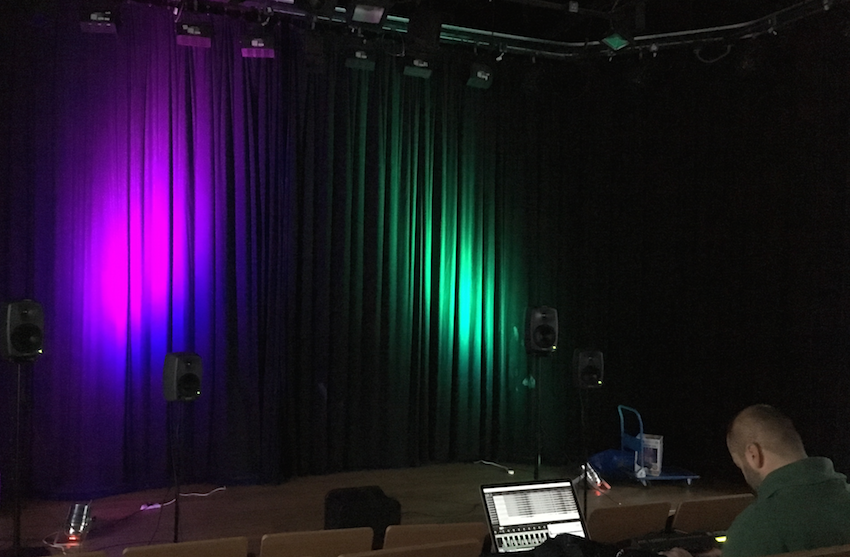
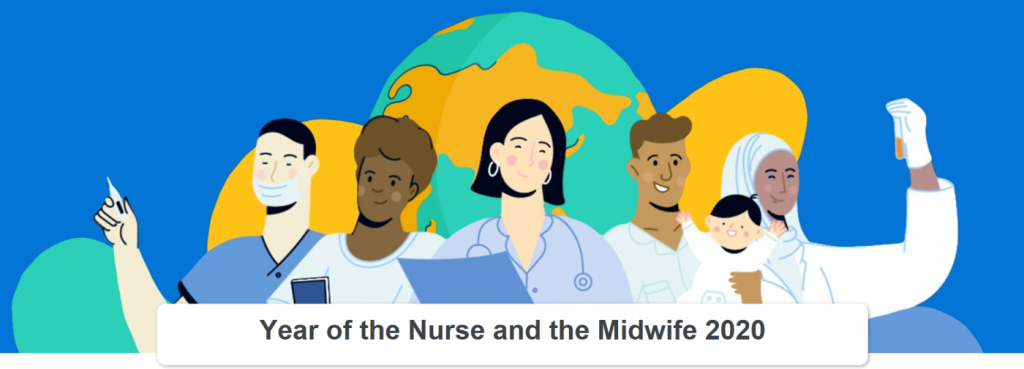

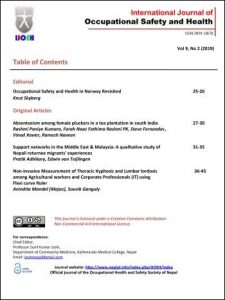
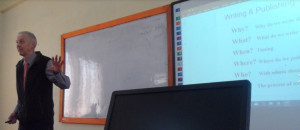

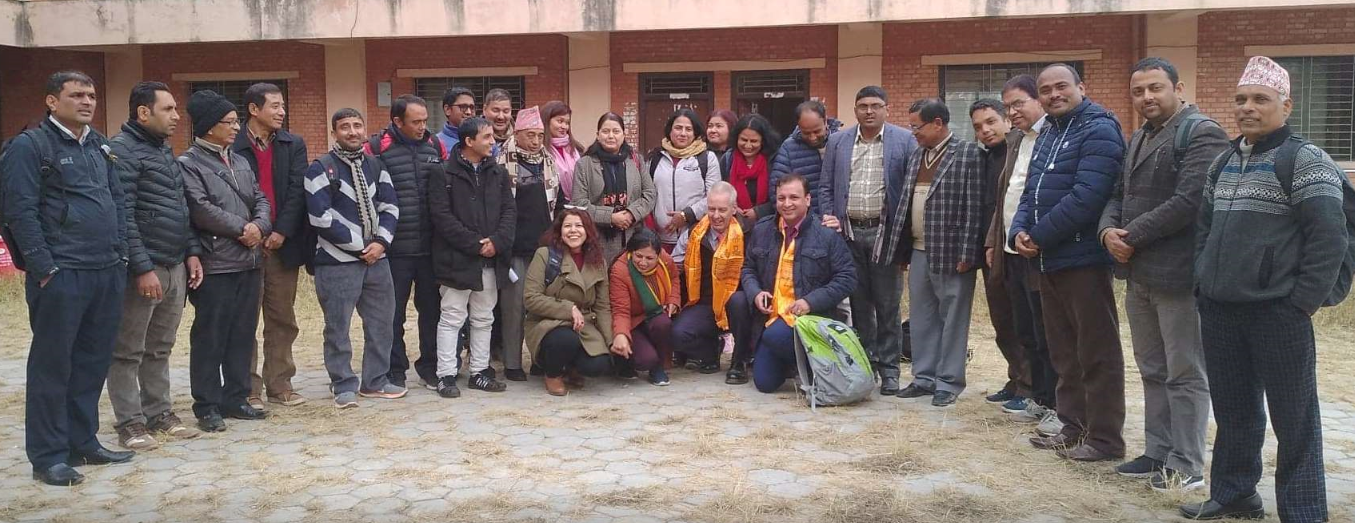


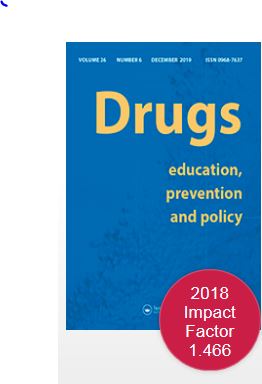
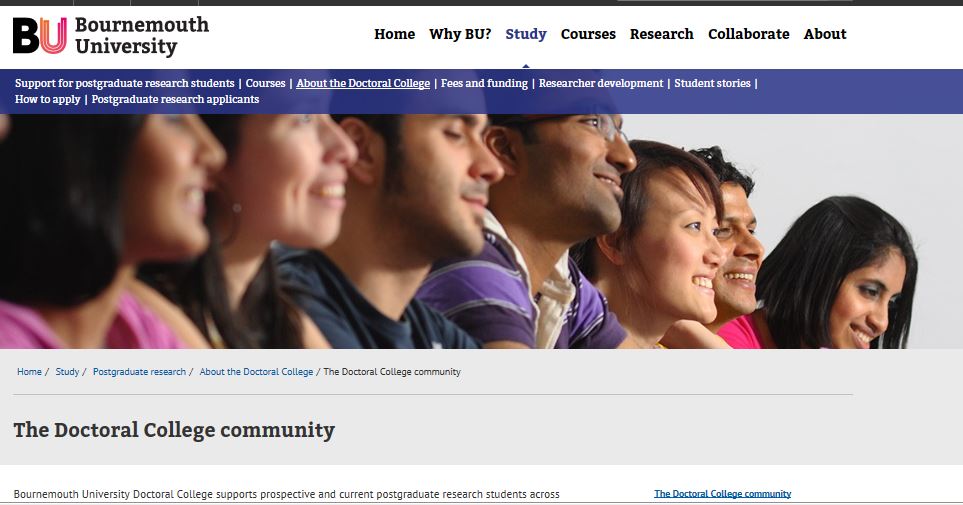
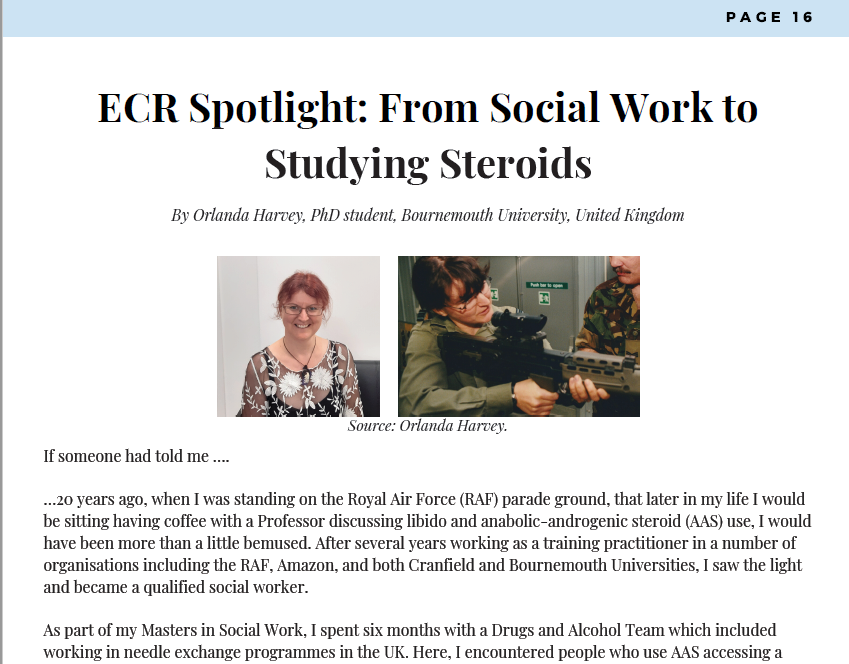
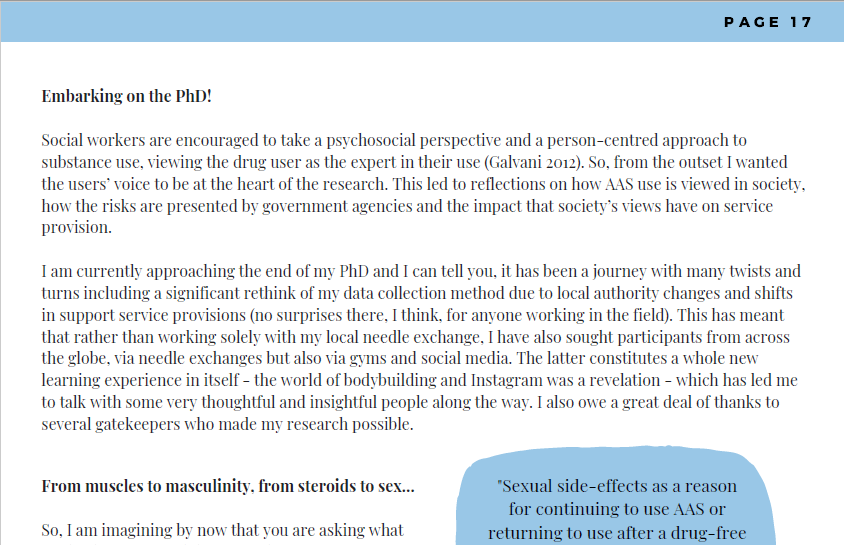
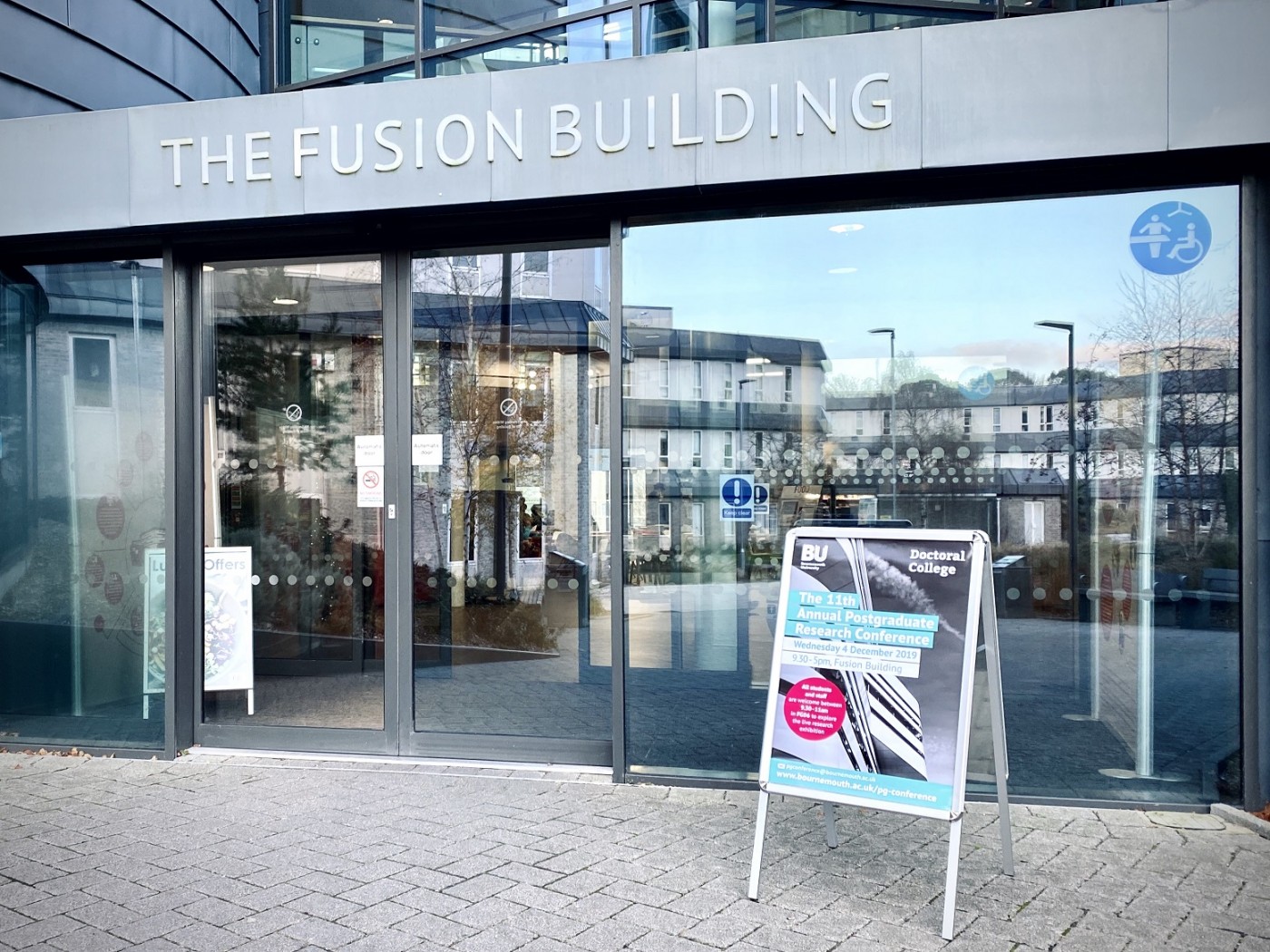
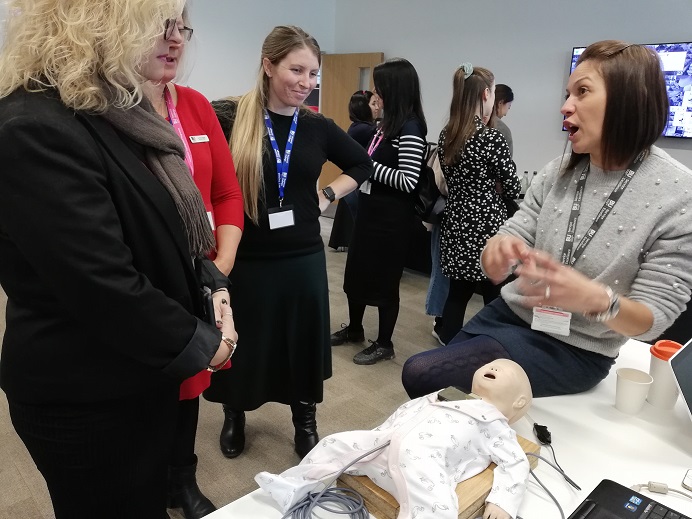
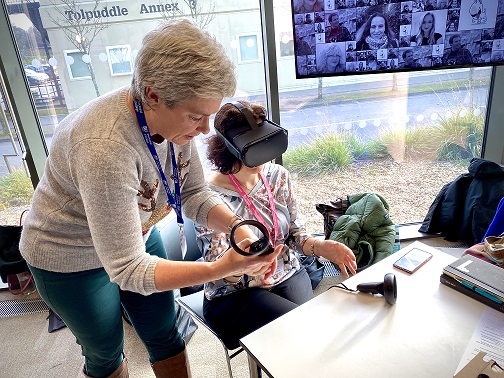


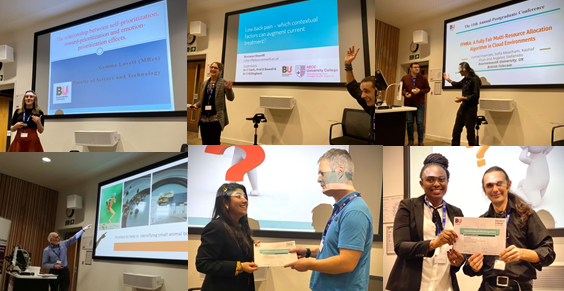
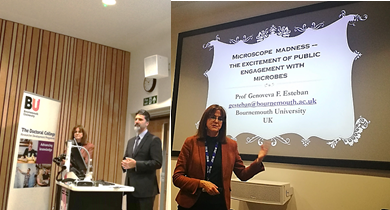

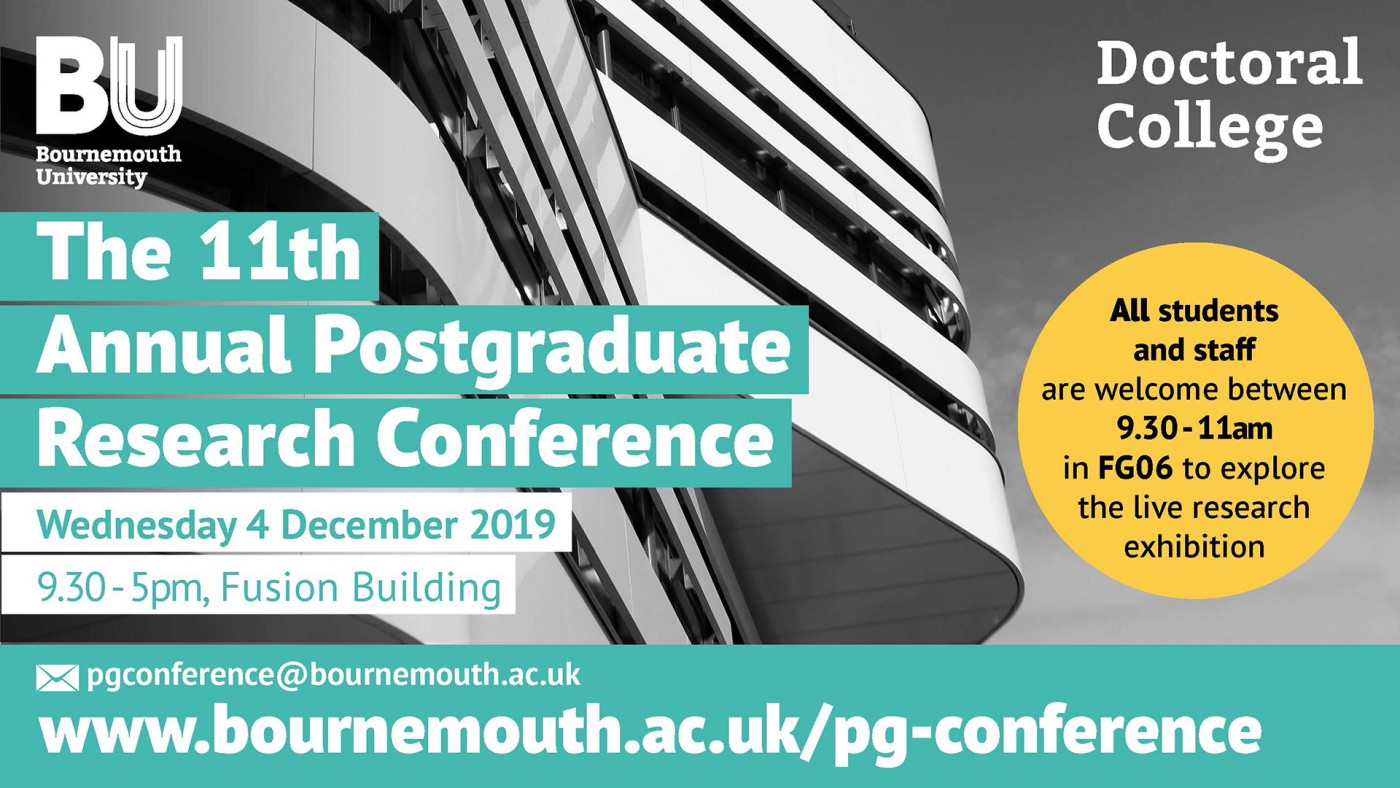
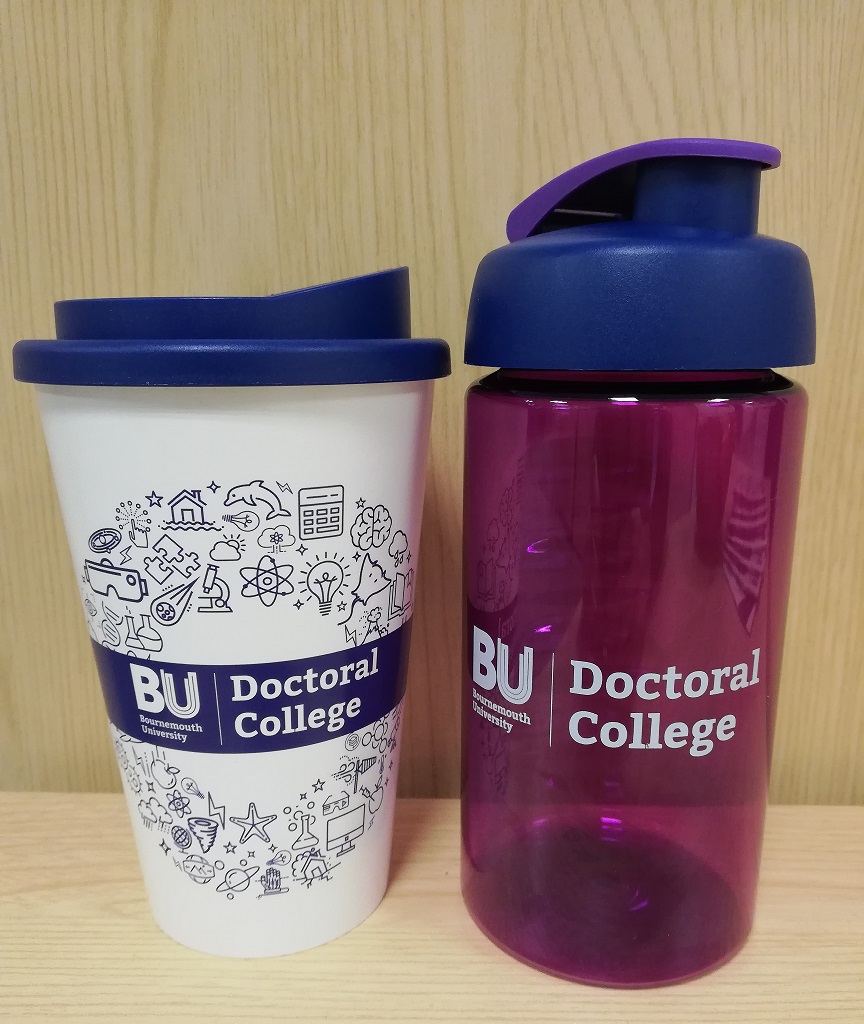
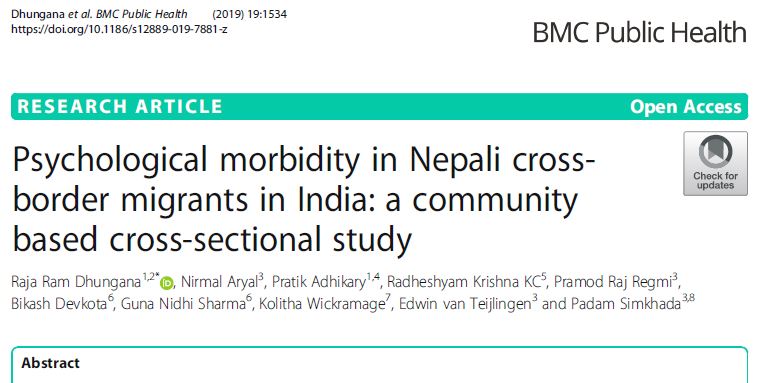
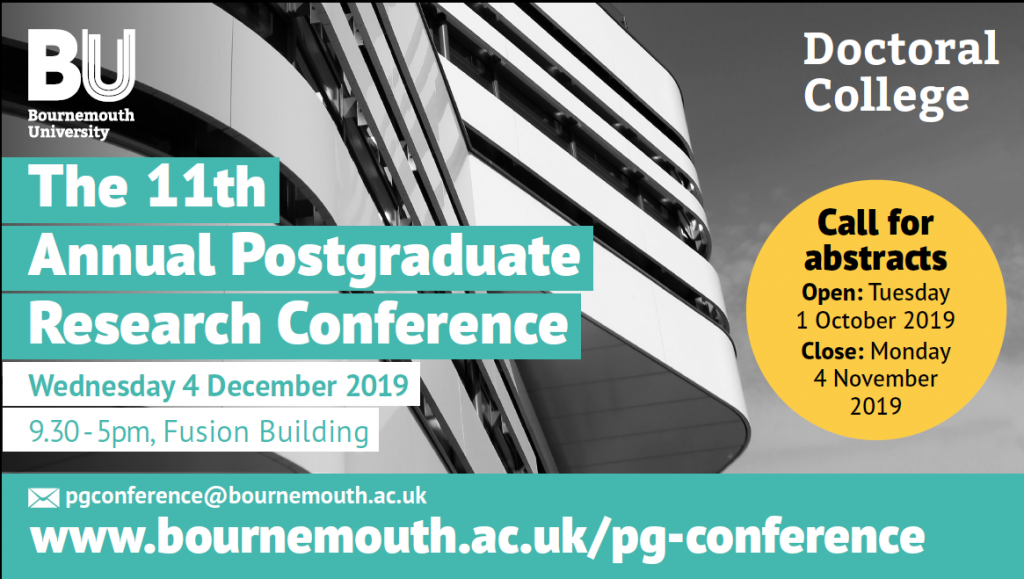











 New CMWH paper on maternity care
New CMWH paper on maternity care From Sustainable Research to Sustainable Research Lives: Reflections from the SPROUT Network Event
From Sustainable Research to Sustainable Research Lives: Reflections from the SPROUT Network Event REF Code of Practice consultation is open!
REF Code of Practice consultation is open! ECR Funding Open Call: Research Culture & Community Grant – Apply now
ECR Funding Open Call: Research Culture & Community Grant – Apply now ECR Funding Open Call: Research Culture & Community Grant – Application Deadline Friday 12 December
ECR Funding Open Call: Research Culture & Community Grant – Application Deadline Friday 12 December MSCA Postdoctoral Fellowships 2025 Call
MSCA Postdoctoral Fellowships 2025 Call ERC Advanced Grant 2025 Webinar
ERC Advanced Grant 2025 Webinar Update on UKRO services
Update on UKRO services European research project exploring use of ‘virtual twins’ to better manage metabolic associated fatty liver disease
European research project exploring use of ‘virtual twins’ to better manage metabolic associated fatty liver disease